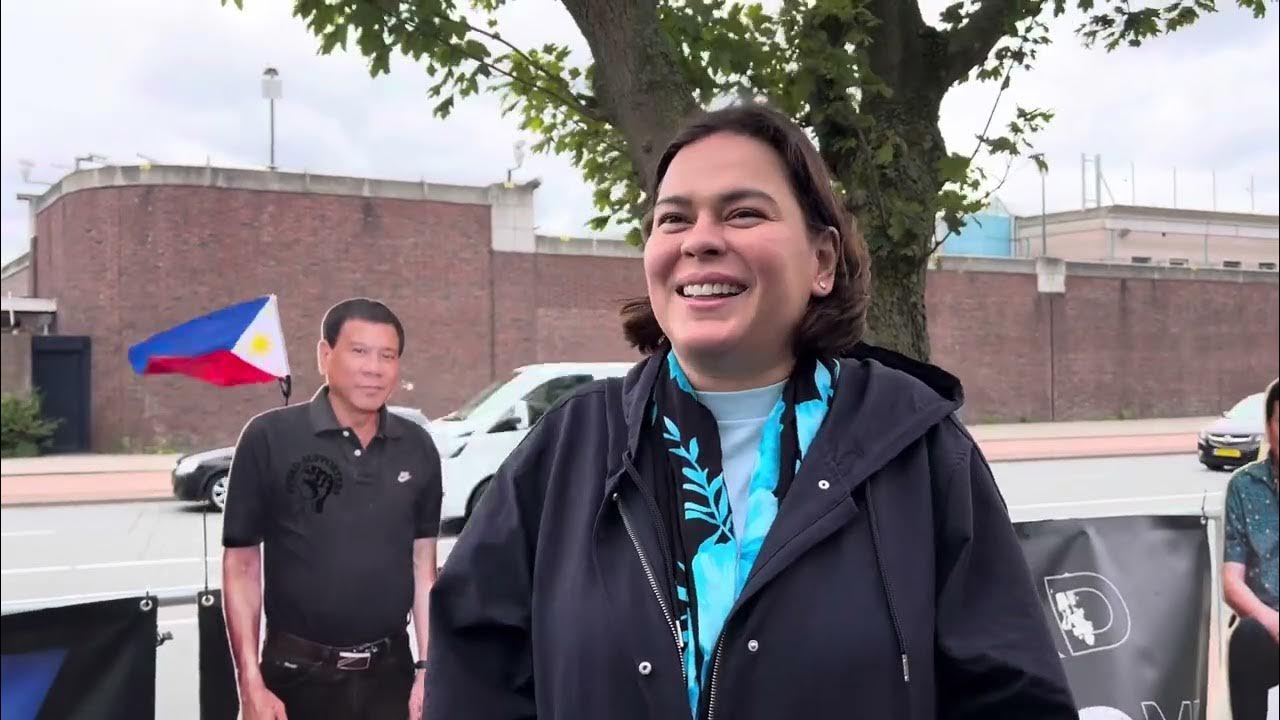Pengkajian Keperawatan Keluarga Tahap 1
Summary
TLDRThe transcript is a conversation between a healthcare worker and a family, focused on assessing the family's basic data. The discussion covers topics such as family composition, health history, family dynamics, social and economic status, religious activities, and recreational habits. The healthcare worker collects detailed information, including the family’s genealogical tree, health conditions (e.g., asthma, diabetes, and cancer), and cultural practices. The session aims to identify health concerns and create a follow-up plan for the family’s well-being, ensuring active engagement in maintaining their health.
Takeaways
- 🧑⚕️ The practical session is focused on family health data assessment, including family composition, genogram, socioeconomic status, and recreational activities.
- 👨👩👧👦 The interview introduces a family of six, with the father (40 years old) working as a clothing trader, the mother (37 years old) a homemaker and part-time online shopkeeper, and four children.
- 📊 The family’s eldest son is 17 years old, currently a high school student, and healthy. The second child is a 9-year-old girl, also healthy.
- 👶 The family's youngest children are 5-year-old twin boys, one of whom has a history of asthma.
- 👴 The father's family includes three siblings, and his parents are still alive, with a family history of diabetes and cancer.
- 👵 The mother's father passed away in 2010 due to hypertension, while her mother is still alive and healthy at 63.
- 🕌 The family practices Islam, with the father regularly attending the mosque for prayers, and the children sometimes join him. The mother participates in local religious activities.
- 🛠 The family’s monthly income is around 4-5 million rupiahs, with the father’s business and the mother’s online shop contributing. They also save for education and use BPJS for health insurance.
- 🎞 For leisure, the family spends time together watching TV in the evenings and occasionally goes out for meals on weekends. They also take annual trips during school holidays.
- 📝 The health assessment highlights the family's general good health, though there are concerns about inherited conditions such as diabetes, cancer, and hypertension, along with asthma in the youngest twins.
Q & A
What is the primary goal of the family data assessment practice?
-The primary goal of the assessment is to help students understand the basics of family data evaluation, including family composition, family tree, type of family, social-economic status, and recreational activities.
Who is the interviewer, and why are they conducting this assessment?
-The interviewer is Mrs. Ema from the local health center, Puskesmas Kasihan 1, and she is conducting this assessment to gather basic health and family information.
What information is collected about the head of the family?
-The interviewer collects the head of the family’s name, age, education, occupation, and phone number.
How many children are in the family, and what are their general details?
-The family has four children: a 17-year-old boy in high school, a 9-year-old girl in elementary school, and twin boys aged 5, who are in kindergarten.
Are there any known health issues in the family?
-Yes, the twins have a history of asthma, and there is a family history of diabetes, hypertension, and cancer among the older generation.
What is the family’s religious background and how is it practiced?
-The family is Muslim, actively participating in religious practices such as praying, attending mosque, and community religious activities like recitation sessions.
What cultural background does the family come from, and how does it affect their lifestyle?
-The family is Javanese, and they follow local customs and traditions, including participating in community events and occasionally dressing in traditional attire for specific ceremonies or school activities.
What is the family’s monthly income, and how is it allocated?
-The family earns between 4-5 million IDR monthly, which is allocated for daily needs, children's education, and health insurance through BPJS. They also set aside savings for future expenses.
How does the family approach health-related issues?
-The family primarily seeks health services at the local health center. They also use traditional Javanese herbal remedies, like turmeric and temulawak, for mild health issues.
What recreational activities does the family participate in together?
-The family spends evenings together watching TV, and they occasionally dine out on weekends. Annually, they go on family trips, especially during school holidays.
Outlines

Этот раздел доступен только подписчикам платных тарифов. Пожалуйста, перейдите на платный тариф для доступа.
Перейти на платный тарифMindmap

Этот раздел доступен только подписчикам платных тарифов. Пожалуйста, перейдите на платный тариф для доступа.
Перейти на платный тарифKeywords

Этот раздел доступен только подписчикам платных тарифов. Пожалуйста, перейдите на платный тариф для доступа.
Перейти на платный тарифHighlights

Этот раздел доступен только подписчикам платных тарифов. Пожалуйста, перейдите на платный тариф для доступа.
Перейти на платный тарифTranscripts

Этот раздел доступен только подписчикам платных тарифов. Пожалуйста, перейдите на платный тариф для доступа.
Перейти на платный тарифПосмотреть больше похожих видео
5.0 / 5 (0 votes)






